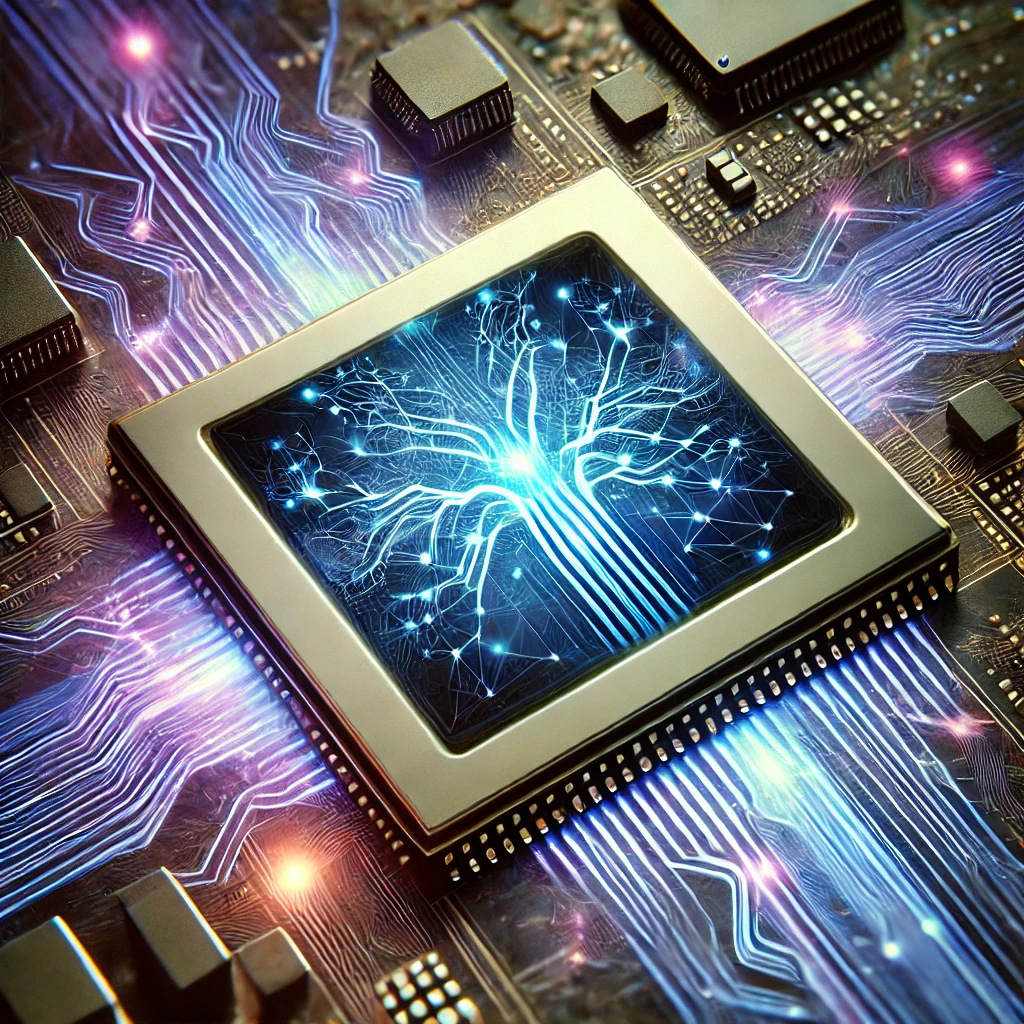The AI boom has revolutionized various industries, driving innovation and transforming the way businesses operate. As artificial intelligence (AI) continues to evolve, its impact on sectors such as healthcare, finance, and manufacturing is undeniable. However, the success of AI is not solely dependent on sophisticated algorithms and software; hardware plays a pivotal role in enabling these advancements.
The AI Boom and Its Industry Impact
Artificial intelligence has rapidly become an integral part of modern industry, offering solutions that enhance efficiency, accuracy, and decision-making. In healthcare, AI-powered diagnostic tools are improving patient outcomes by detecting diseases earlier and more accurately. In finance, AI algorithms analyze massive datasets to identify trends and risks, optimizing investment strategies and reducing fraud. Manufacturing is also benefiting, with AI-driven automation streamlining production processes, reducing costs, and improving product quality.
Despite these advancements, the AI boom would not be possible without significant progress in hardware development. High-performance computing (HPC) systems, graphics processing units (GPUs), and application-specific integrated circuits (ASICs) are just a few examples of hardware that have been instrumental in accelerating AI capabilities.
The Critical Role of Hardware in AI
The effectiveness of AI models depends heavily on the hardware they run on. Traditional central processing units (CPUs) are often insufficient for the massive computational requirements of AI tasks, especially those involving deep learning and large-scale data processing. This is where GPUs come into play. Originally designed for rendering graphics, GPUs are now critical in AI because of their ability to process multiple tasks simultaneously, making them ideal for training complex neural networks.
Moreover, specialized hardware like ASICs and field-programmable gate arrays (FPGAs) are being developed to optimize specific AI applications. These hardware components offer superior performance and energy efficiency compared to general-purpose processors, enabling faster and more efficient AI computations. For instance, companies like Google have developed Tensor Processing Units (TPUs), a type of ASIC, specifically to accelerate machine learning workloads.
Conclusion
As AI continues to expand its influence across various industries, the importance of robust and efficient hardware cannot be overstated. The symbiotic relationship between AI and hardware is driving unprecedented advancements, making it possible for AI to process more data, learn faster, and deliver better results. Understanding this relationship is crucial for anyone looking to grasp the full scope of the AI revolution.
